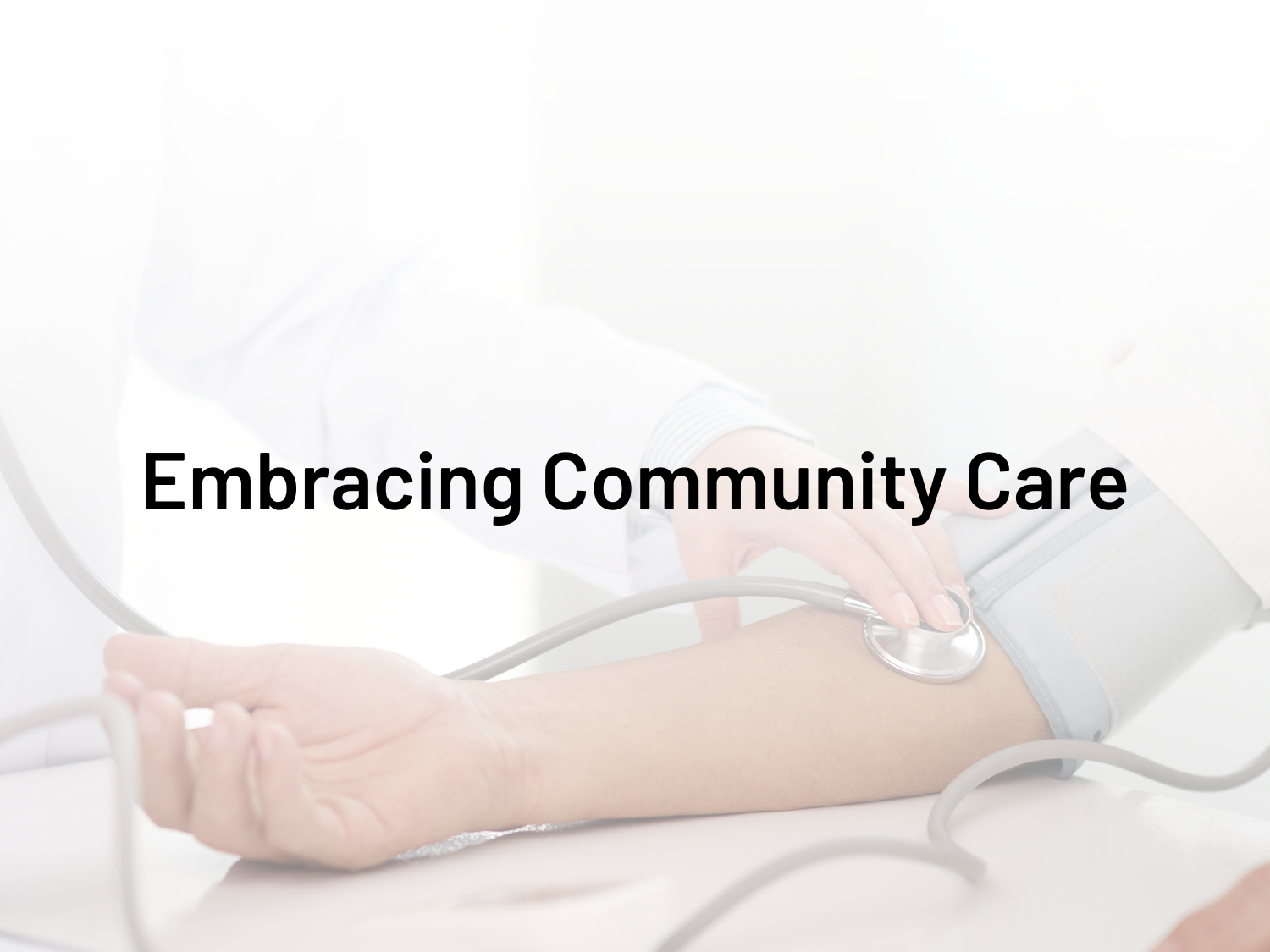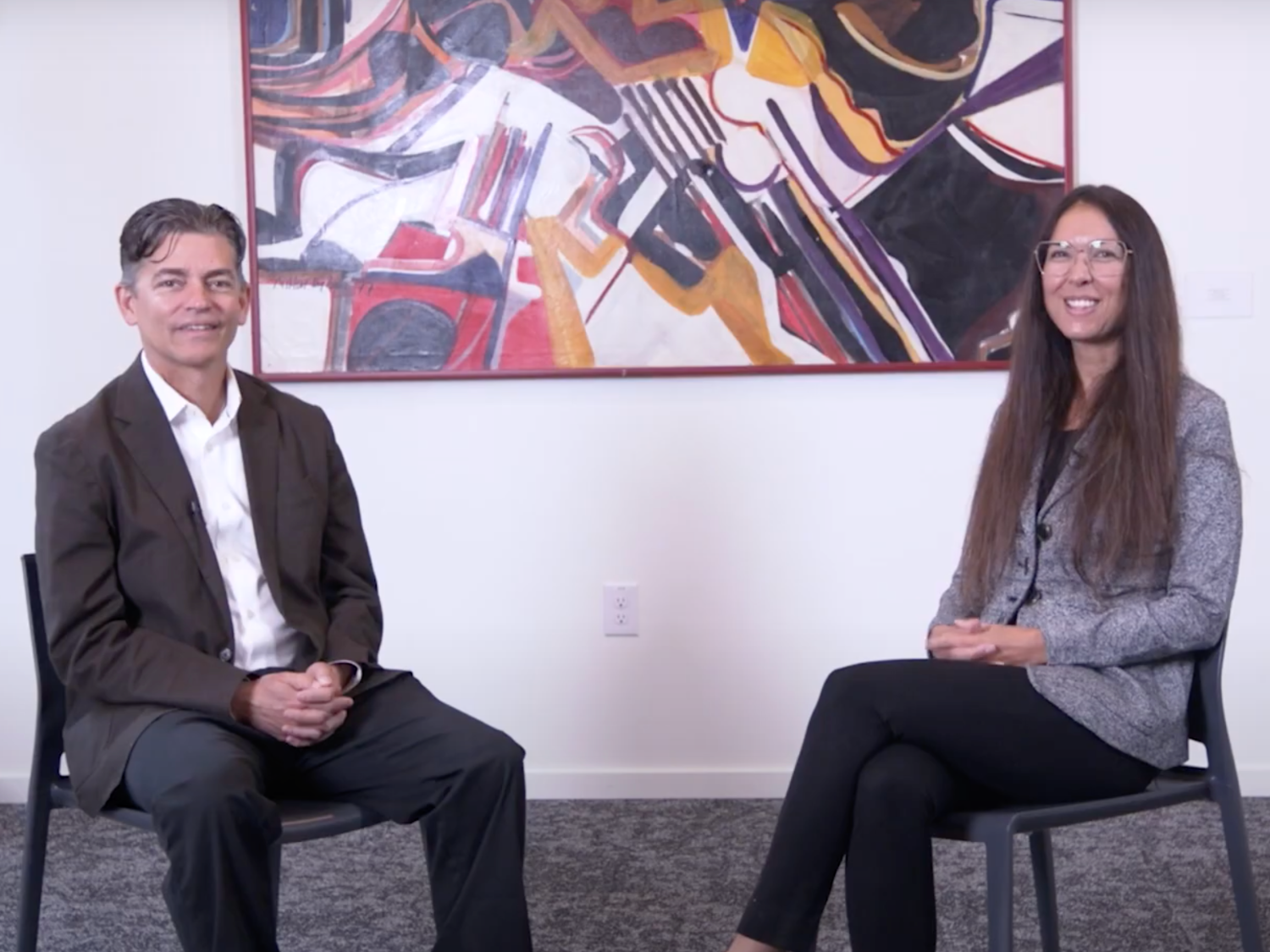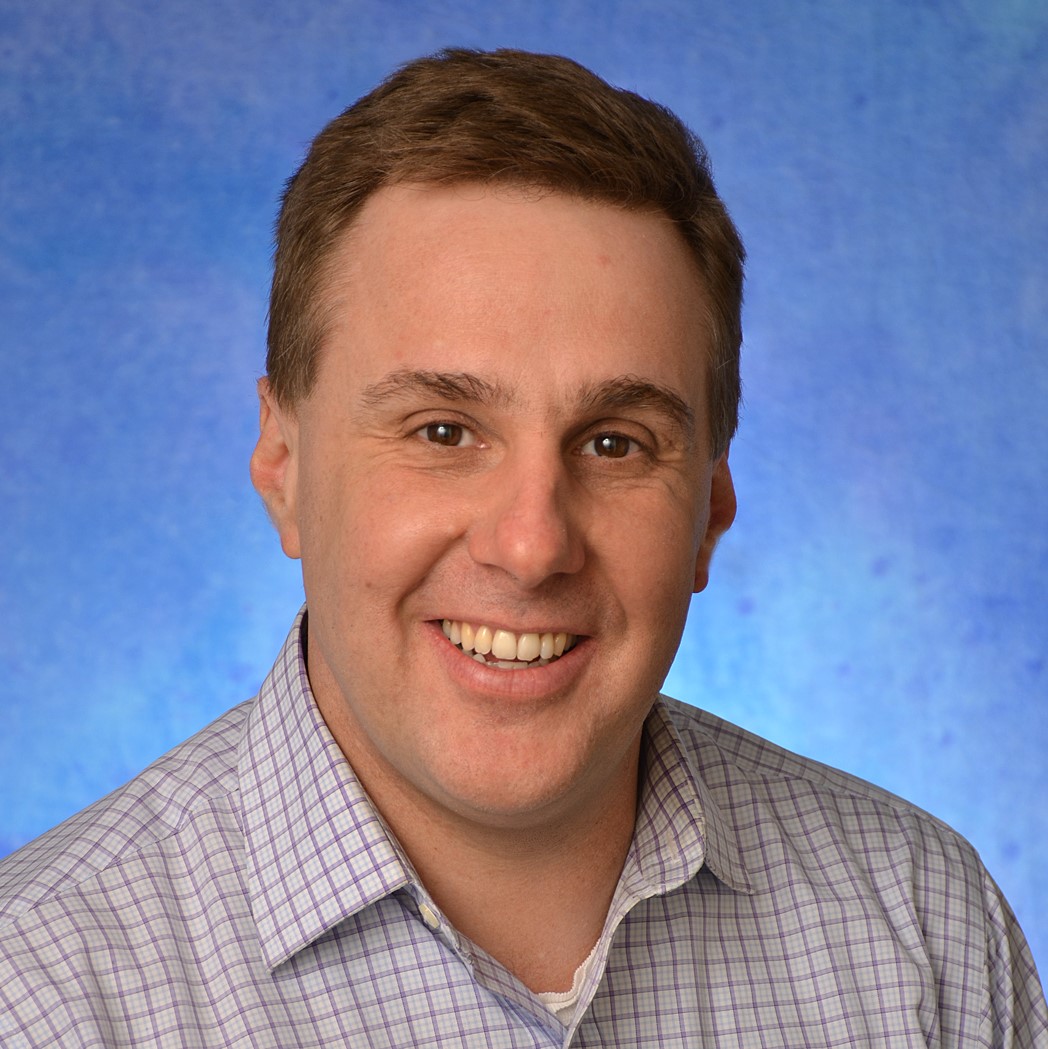Read More

Providence Health Plan's Integrated Approach to Health Equity and Member Experience
Read More
Providence Health Plan caregivers complete 1000 hours of volunteer work to Oregon Food Bank
Read More
Providence Health Plan and the American Heart Association Target Cardiovascular Health in Local Communities
Read More
